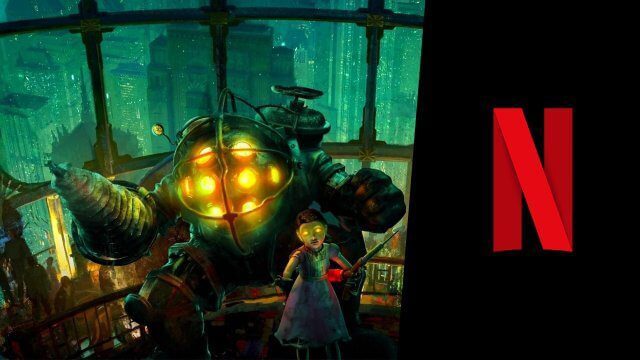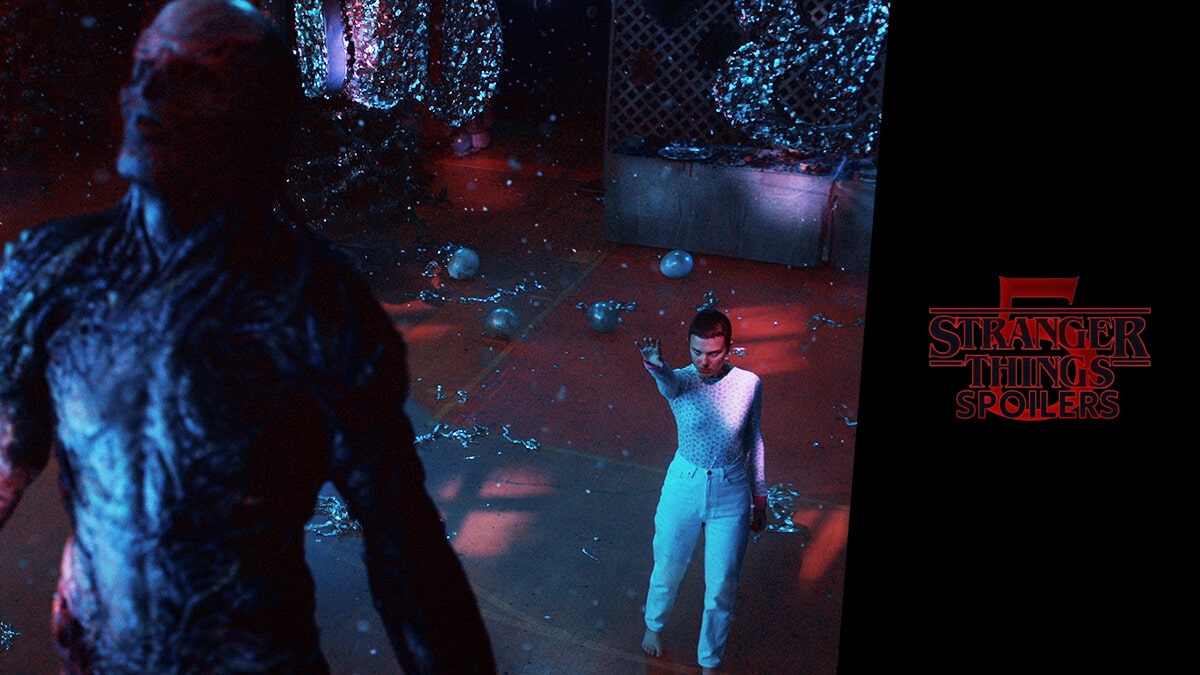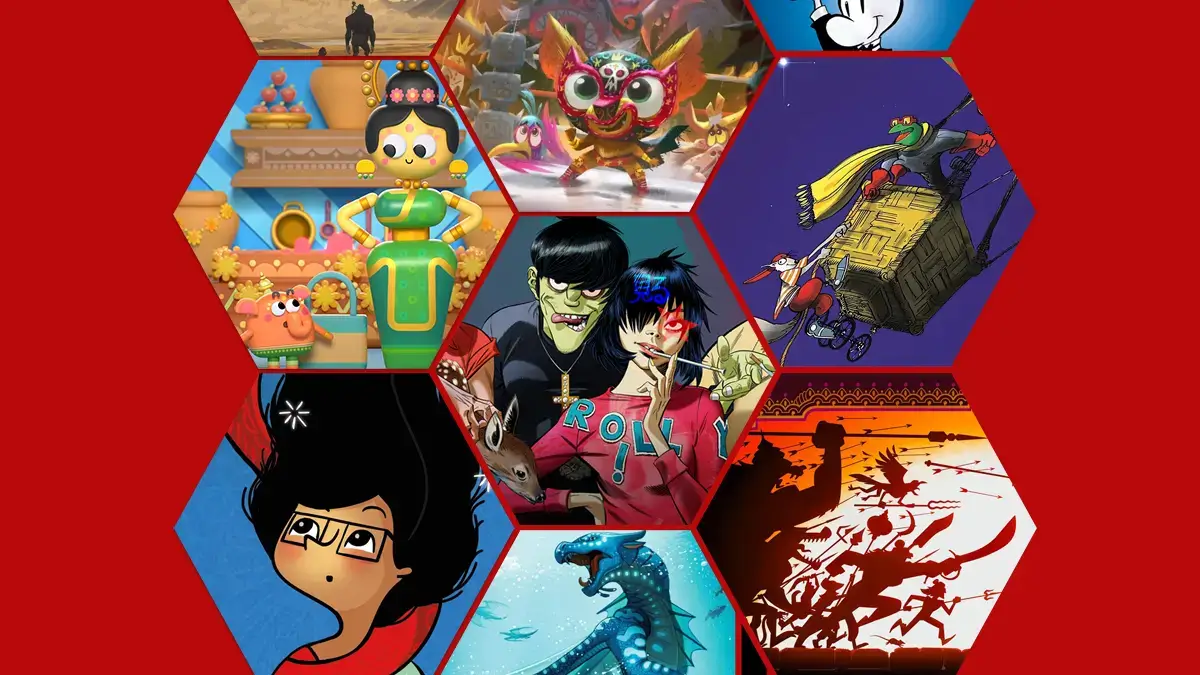
BERLIN, GERMANY – MARCH 13: Lara Trautmann alias Lara Loft attends the Next on Netflix event at Kosmos on March 13, 2024 in Berlin, Germany. (Photo by Ben Kriemann/Getty Images for Netflix)
Netflix, over 6 years ago, completely changed the way audiences consumed content by releasing its first Original, House of Cards, in its entirety to subscribers. Binging has become a part of our culture with streaming services, but as we reflect on the history of Netflix Originals, does binging continue to help Netflix? Or has it slowly become a hindrance? We’ll be discussing the pros and cons of binging, and what if Netflix changed to releasing Original episodes on a weekly basis.
The pioneer of the streaming world, Netflix has been streaming films and tv shows on your screens since it launched its streaming service all the way back in 2007. Almost 13 years later, Netflix is a brand known worldwide, amassing over 150 million subscribers around the world, and producing some of the best content to date. The success and drawing power of Netflix have certainly been helped by subscribers given the ability to ‘binge’ content.
2019 has been the largest year on record for the number of Originals being released, and already 2020 is looking like it could exceed that amount already. But as the demand for returning Originals increases, we’ve taken notice that subscribers are tired of waiting for annual releases of their favorite shows. This left us pondering what Netflix could do to keep subscribers happy, coming to the conclusion that Netflix could drop the ‘binge’ format in exchange for weekly releases.
Why should Netflix move from the ‘binge’ to weekly release?
Netflix set the standard for how streaming services release Original content. Dropping an entire season of a brand new or returning tv series often leaves subscribers in rapture. But just like eating a giant amount of take-out, no matter how full you are, give it a few hours and you’re super hungry again.
Build hype and anticipation
One of the best things Game of Thrones and Breaking Bad excelled at was building hype and anticipation. The hype and anticipation were often built by audiences themselves. Superfans would meticulously pick out every little detail, forming their own theories and sharing them on places like Reddit and Facebook, typically resulting in news sites (like us!) picking up the theories, publishing an article about them, and those, in turn, would get shared, and voila, the audience are feverish for the next episode.
Game of Thrones and Breaking Bad are special cases, as shows hitting the zeitgeist to that extent are few and far between. Thankfully, Netflix has its own equivalent with Stranger Things.
Binging a series like Stranger Things is like watching cuts of an epically long movie. Most subscribers will watch a series like Stranger Things over the course of a day, weekend, or over an entire week. For those binging a season in one sitting, that’s over 6 and a half hours of consumed content. Even spread across the course of one week, 6 and a half hours is still a lot of time to dedicate to.
To drag out the series, week to week, you’d only leave subscribers hungry for each episode. With the binge format, some shows are all but forgotten about within a month of release, but by releasing titles weekly, you’d have subscribers talking about the series continuously for of least a few months.
While the series hasn’t hit critical acclaim, the Disney+ series, The Mandalorian has been releasing episodes weekly, resulting in plenty of their subscribers returning for more. Although some would argue that The Mandalorian is only releasing episodes weekly because there is a distinct lack of Original content on Disney+ at this time.

Stranger Things fast became the flagship series of Netflix – Copyright. 21 Laps Entertainment
A dramatic drop in spoilers
There’s always that one person in the office that’s had the time to binge the latest season of an Original, only to then scream all the spoilers at the top of their lungs to anyone that dare listen.
While it would be minor, you’d see a drop in the number of spoilers being thrown around so casually. Not mention spoilers may alienate potential viewers, because what’s the point in watching a series that you may already know all the twists too? That’s why I, personally, have never watched The Sixth Sense, I know the big twist, so I’ve never bothered to watch it.
The impact on release dates
A growing issue we’ve taken notice of is the subscribers dismayed by release dates. Already, the Netflix Original series, Virgin River, has amassed a very large audience on the streaming service, but after learning the next season may not be released until September of 2020, fans were left disappointed that it would take of least nine months until the second season. The wait for Virgin River in comparison to other Originals like Stranger Things is a significantly shorter, but still daunting nevertheless.
The first season of Virgin River dropped on December 6th. If episodes were released weekly, the season finale would arrive on Friday, February 7th, 2020. That would reduce the wait by of least two months, and considering how wait times are viewed by subscribers, waiting just over half a year sounds far better than waiting “almost a year”.
We’ve also been conditioned by networks to receive shows, on their schedule, like clockwork, leading subscribers to expect the same of Netflix. The indecisiveness of release dates has often put off subscribers that are tired of waiting too long. The benefit of the mismatched release dates is the fact that Netflix does allow production studios to take their time with content, rather than rushing studios to unreachable deadlines.

Virgin River has become incredibly popular already – Copyright. Reel World Management
It works for internationally licensed Originals
Just because a series has the iconic Netflix N in the corner, it doesn’t mean that Netflix produced the series themselves. Netflix, like other streaming services, will exclusively license a series from abroad, and because of that ‘exclusivity’ can give them the status of Original. This is especially true for licensed series from South Korea. Often K-Drama episodes are released up to twice a week, and subscribers continuously tune in, excitedly, to watch the latest episodes.
If weekly releases work for network/cable television and licensed shows on Netflix, then logically it should work for fully-fledged Originals too.

Shows like My Country: The New Age are just one of many new K-Dramas that arrived in 2019
A continuous stream of content
The illusion that there is “nothing to watch” on Netflix is one of the strangest untruths we’ve seen online. Every week Netflix continues to upload new Original content for subscribers to enjoy, but understandably, it isn’t to everyone’s taste. Regardless, there’s plenty of content, but to give the illusion that there’s even more, by Netflix dropping new episodes every week, there will always be a stream of content for every subscriber to enjoy.
You can still binge, but you would just have to wait?
Even today, there is nothing stopping a single subscriber from watching episodes on a weekly basis by choice. The fact is, it’s in our nature to want more of a good thing. For those who would rather binge a television series, you could simply wait it out until an entire season has aired, that’s if you could resist the temptation to do so…
Why Netflix won’t change to weekly releases and why they shouldn’t
To play devil’s advocate we’ll also be discussing why Netflix shouldn’t change to weekly releases.
Binging is now apart of our daily lives
If Netflix were to just suddenly take away a feature that all 150 million subscribers are used to, not to mention some feel that they pay for the privilege of it, you’d suddenly have social media ablaze with calls to boycott Netflix. The streaming service has solidified binge culture into our day to day lives, and Netflix is the number one place for it.
The simple fact is, subscribers could stream episodes weekly themselves but choose not to do so. The fact that 26 million subscribers tuned in to binge every episode of Stranger Things season 3 in the first weekend, proves that its a format that currently works.
Not all Originals should move to weekly releases
The series in question, that we would prefer to see release episodes weekly are series such as Stranger Things, The Witcher and Sex Education, effectively, the star attractions of Netflix.
In the past year, we’ve seen some excellent new smaller titles like It’s Bruno, Special, and BONDiNG. At only 15 minutes each episode, you can watch an entire season in under two hours. These are the type of Originals that greatly benefit from being binged. Further Originals that would benefit from the format are docuseries. If these shows were moved to a weekly basis, they may get lost in the shuffle.

Short, sweet and raunchy, BONDiNG was one of the most fun shows of 2019 – Copyright. Anonymous Content
It would change the way Netflix views its statistics
Netflix has its own specialized way of looking at the statistics for viewing data. The shows that are most likely to be renewed are the ones that were binged by millions of subscribers within the first month. By viewing your data through a microscopic lens, Netflix will know some of the following;
- How many subscribers started a series, only to never finish it.
- The length of time it took for subscribers to watch a series.
- How many subscribers returned to watch a new season of an Original.
Sadly, some subscribers may not have had the time to watch a series, due to various reasons, but all Netflix sees is another subscriber who failed to watch a new season in its entirety.
By changing the way Netflix releases episodes, some studios may be waiting even longer to find out whether or not their series has been renewed for another season. Netflix has a system that works, and while it can be seen as harsh, it works for them.
Too many shows, too little time?
The idea of seeing a constant stream of new episodes on Netflix may become overwhelming for some subscribers. We’d argue this is the reason why a watchlist works so well, but regardless, not everyone has the time to watch the latest shows and the daunting prospect of wading through everything new might be just too much.
Could there be a subscriber drop
As we discussed above, to take away a feature that some subscribers feel that pay for the privilege of will be incredibly annoyed.
Not all subscribers pay for their memberships all year round. It’s known that some subscribers will unsubscribe from Netflix after they’ve streamed a particular series, only to return at a later date when a title that takes their interest is uploaded into the library.
If Netflix were to spread a season out across the course of two to three months, Netflix will be asking these subscribers to pay for a further couple of months of subscription fees, to which not everyone would be willing to pay.
Naturally, the solution to the above is waiting slightly longer and tuning in when the entire season is available.
Should subscribers be given the option to stream episodes weekly?
One of the suggestions from a fan of the site would be for Netflix to add a function allowing subscribers to choose whether or not they receive new episodes of Originals weekly, or all at once. We’d love to see Netflix give this a trial run to a select number of subscribers, for half a year, and to report back their findings.
Sometimes to go forward, you have to go backward. And while we understand that the suggestion of changing to a weekly release schedule for episodes of Netflix Original series is almost sacrilege, it wouldn’t hurt to of least try.
What are your thoughts on the above? Would you like to see Netflix keep the binge format? Or would you prefer a weekly schedule for Netflix Originals? Let us know in the comments below!












